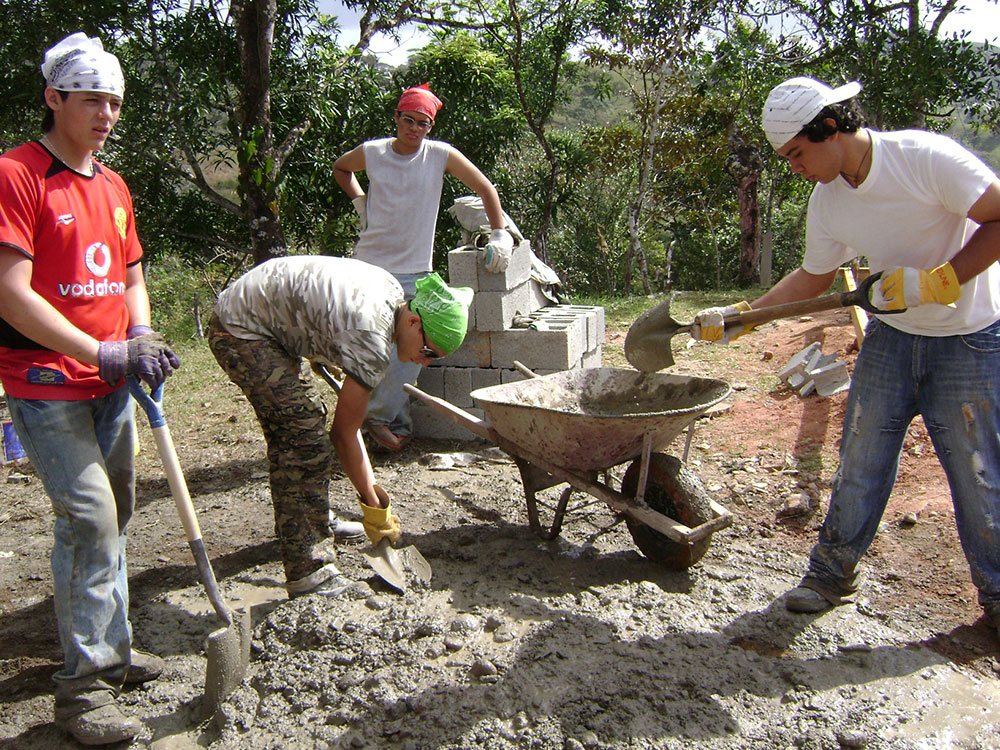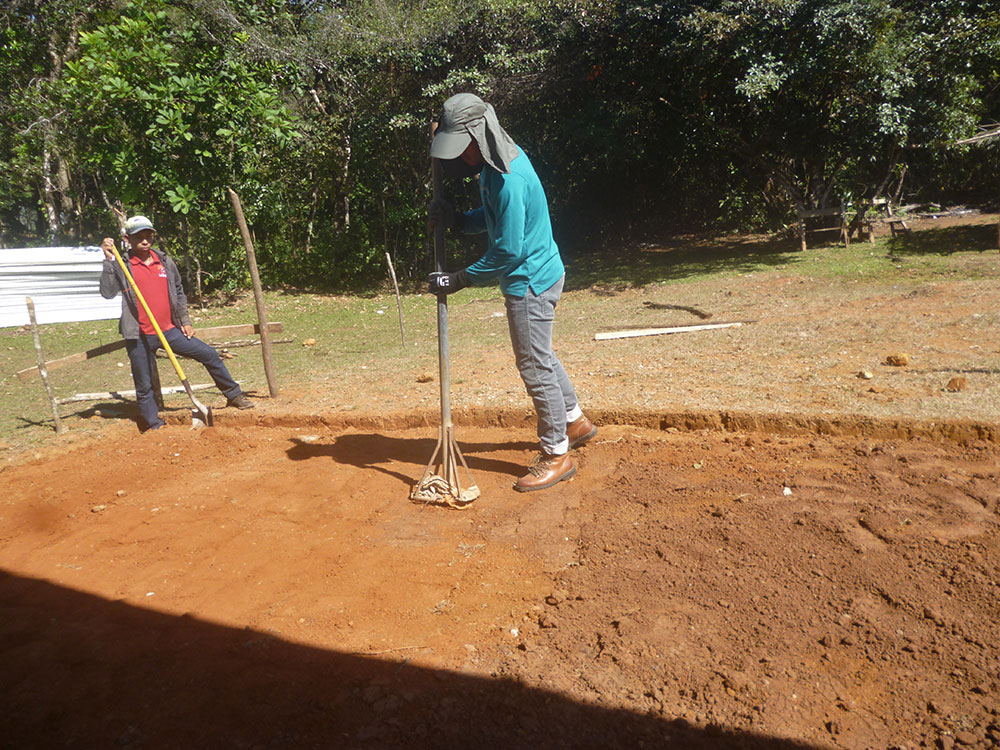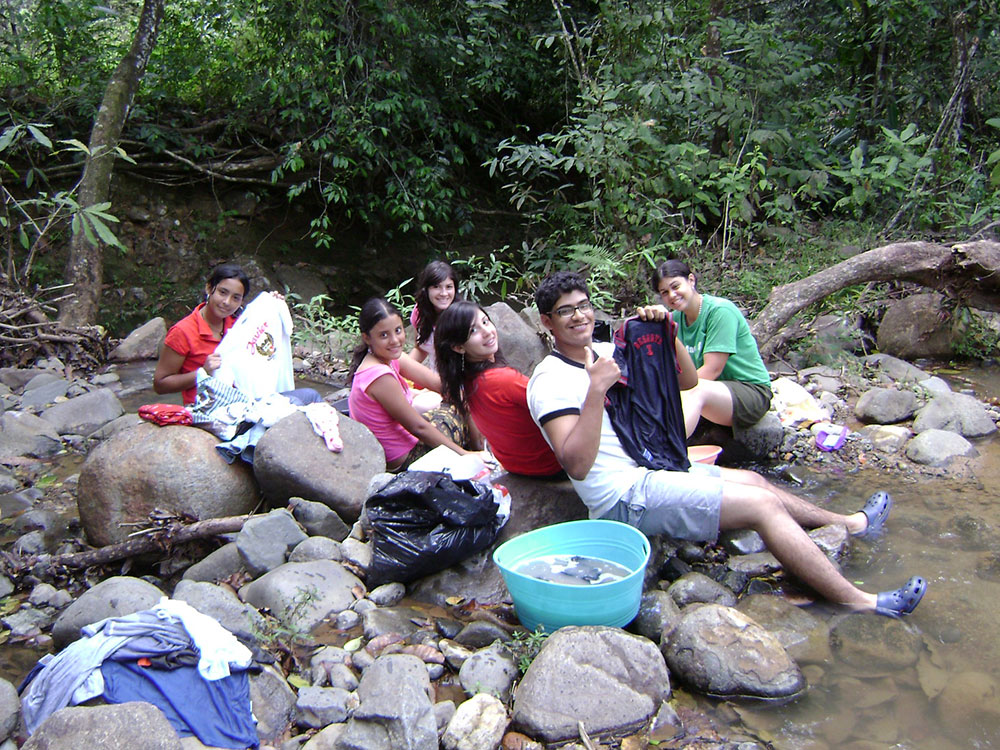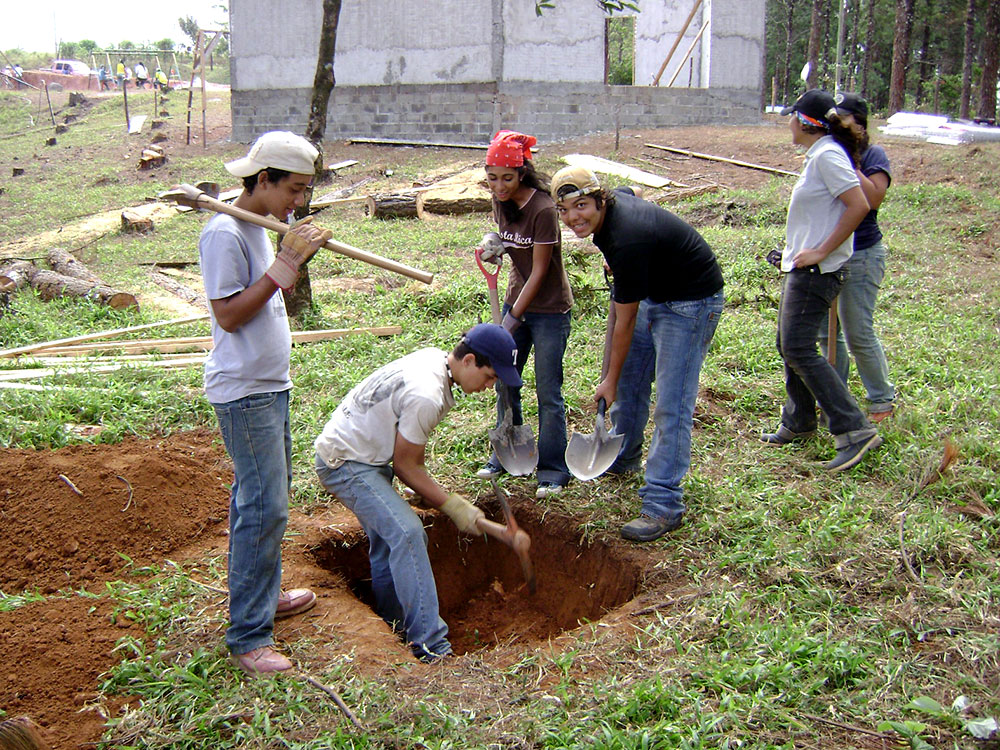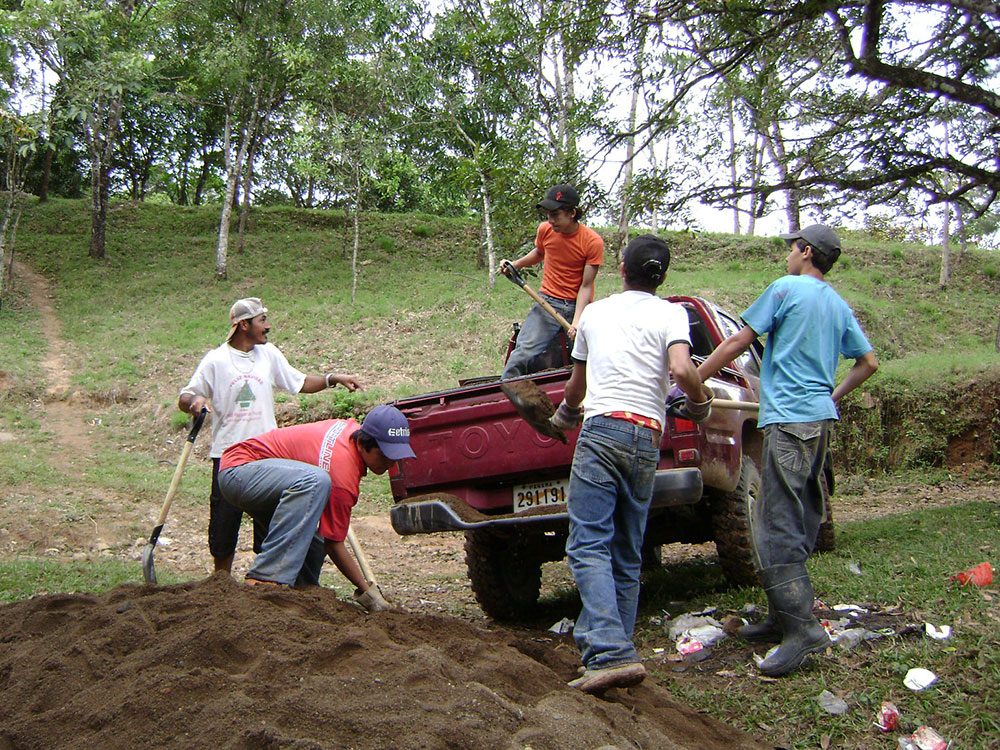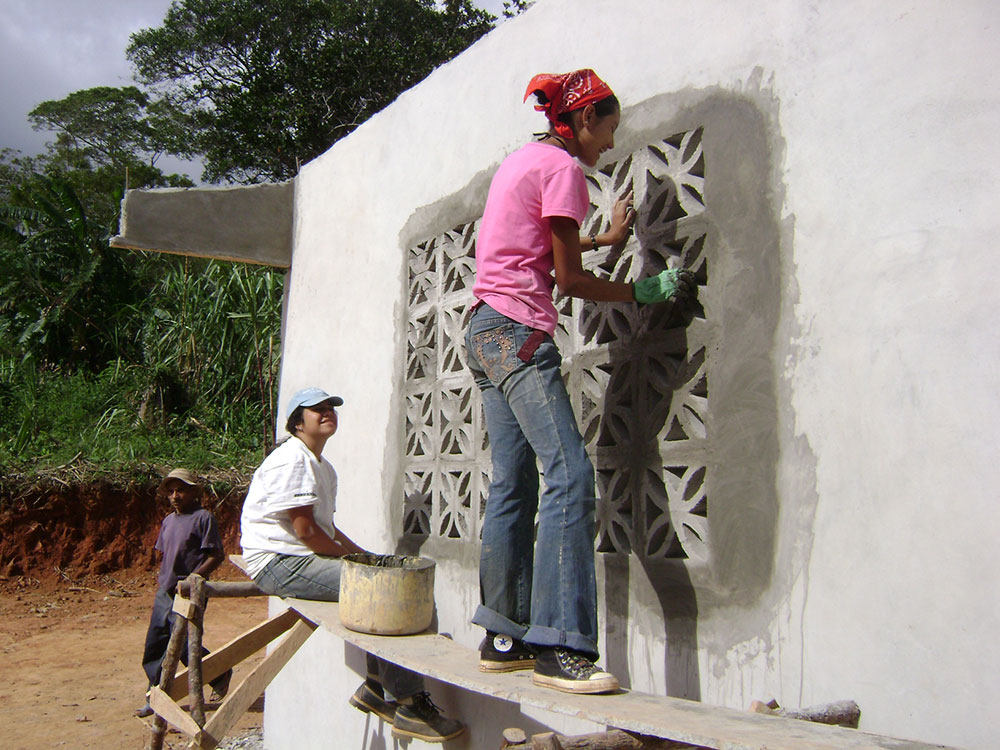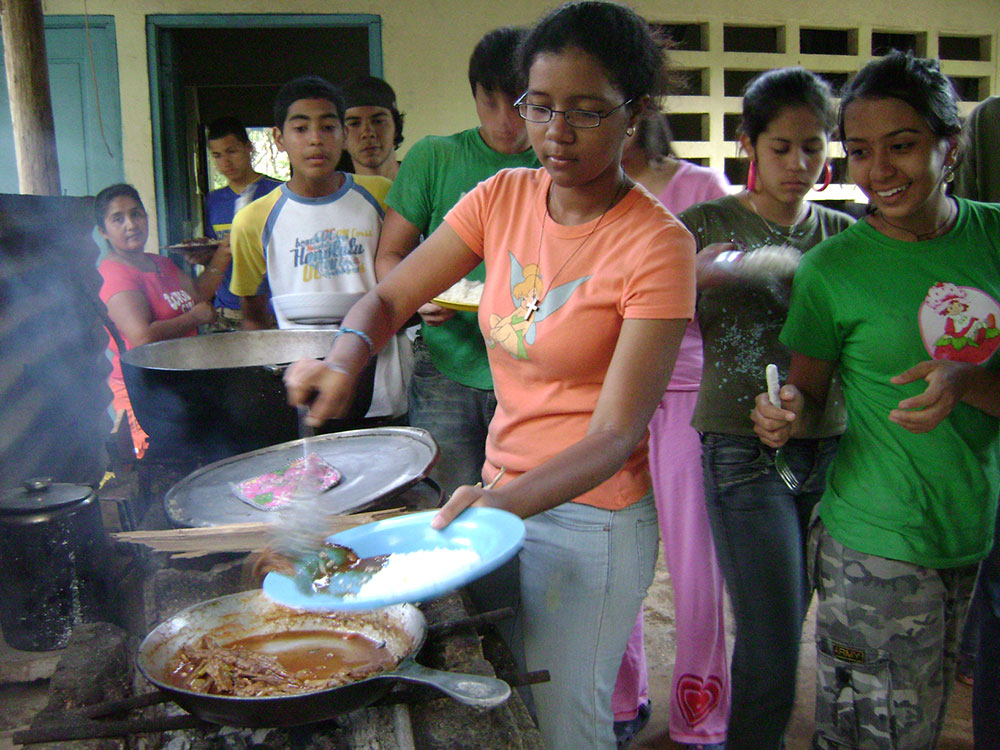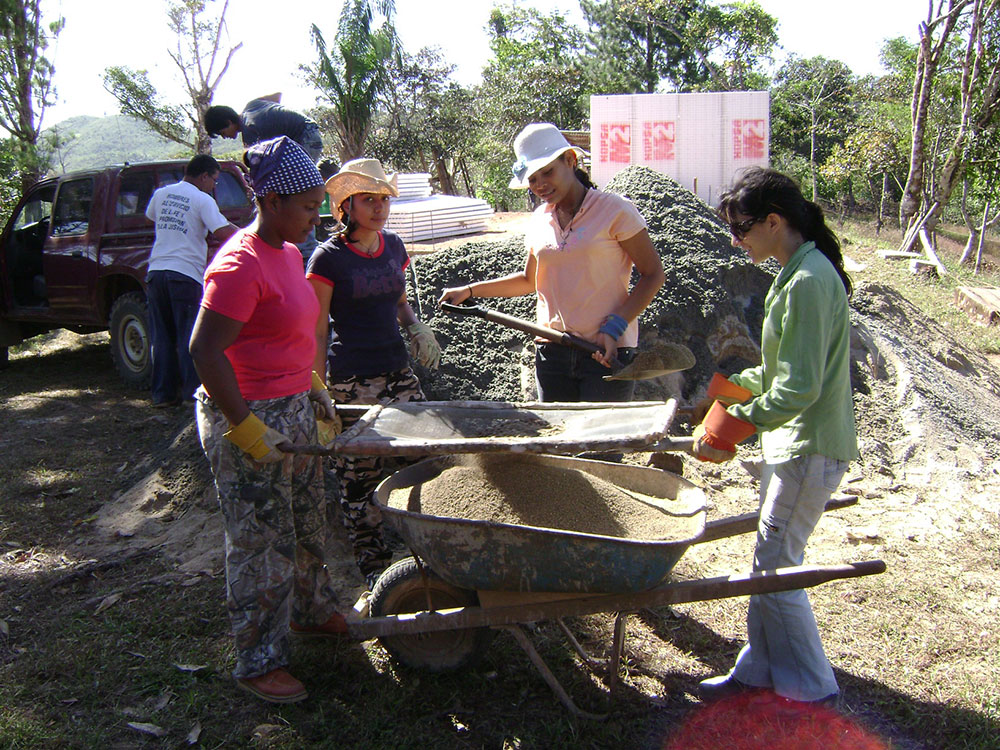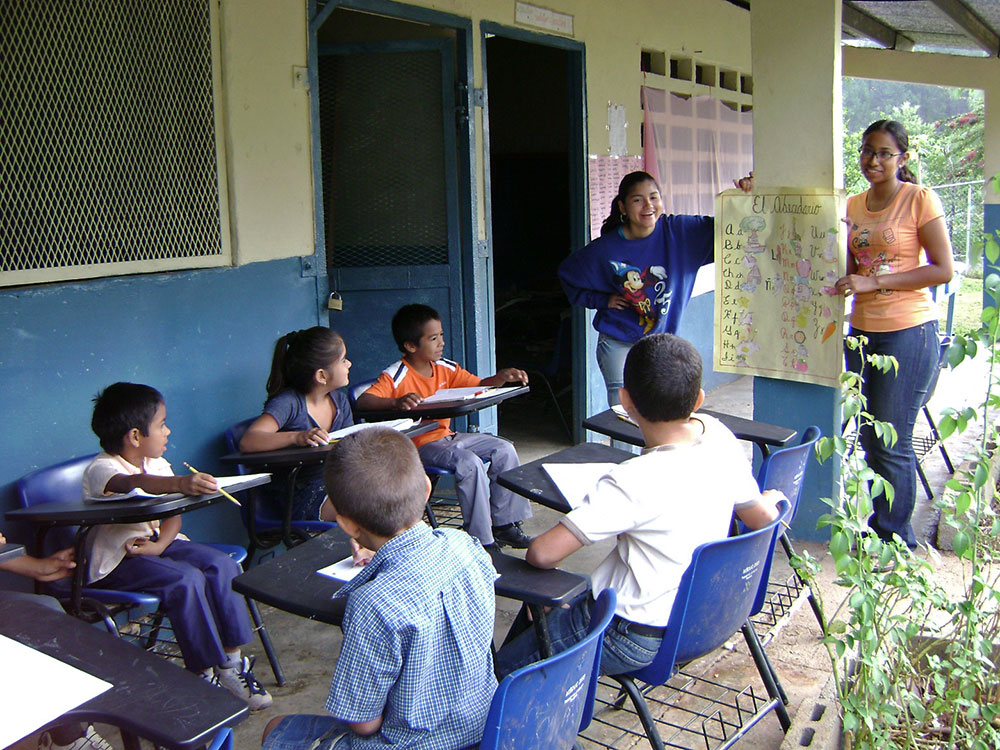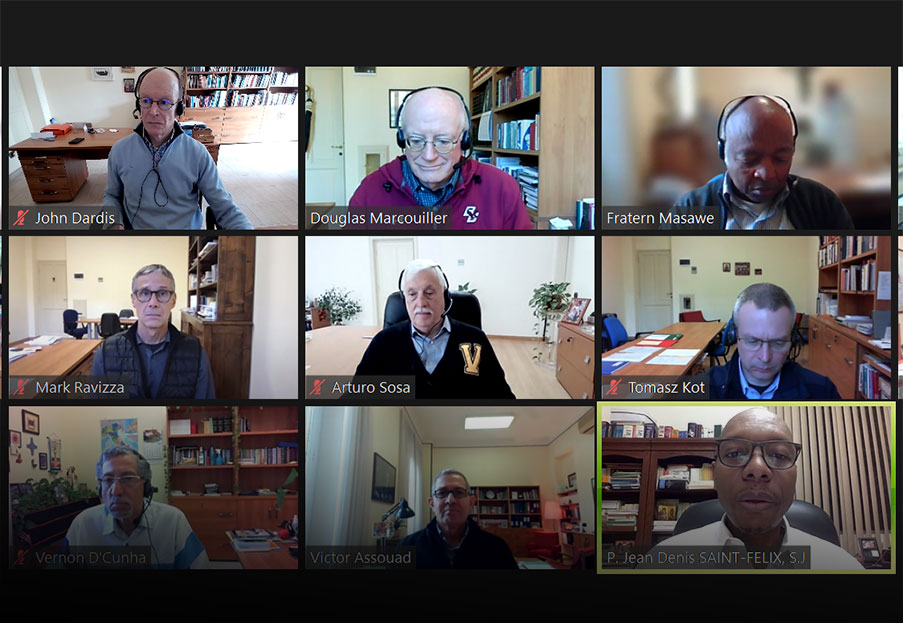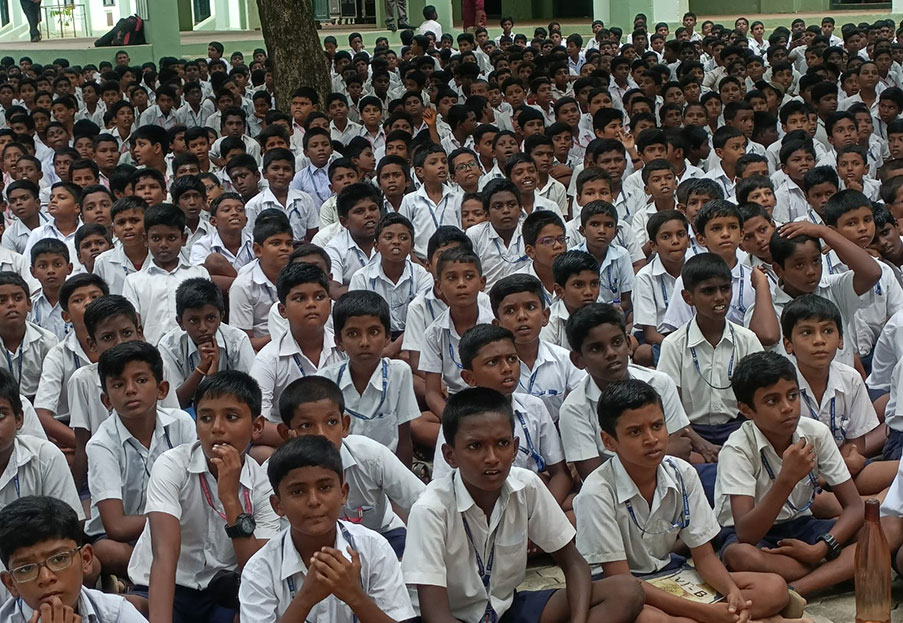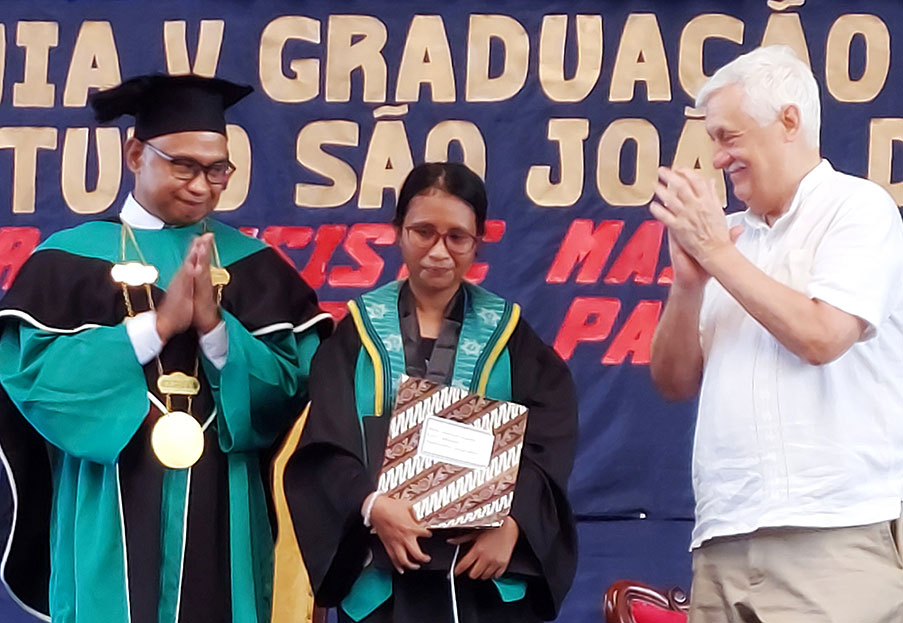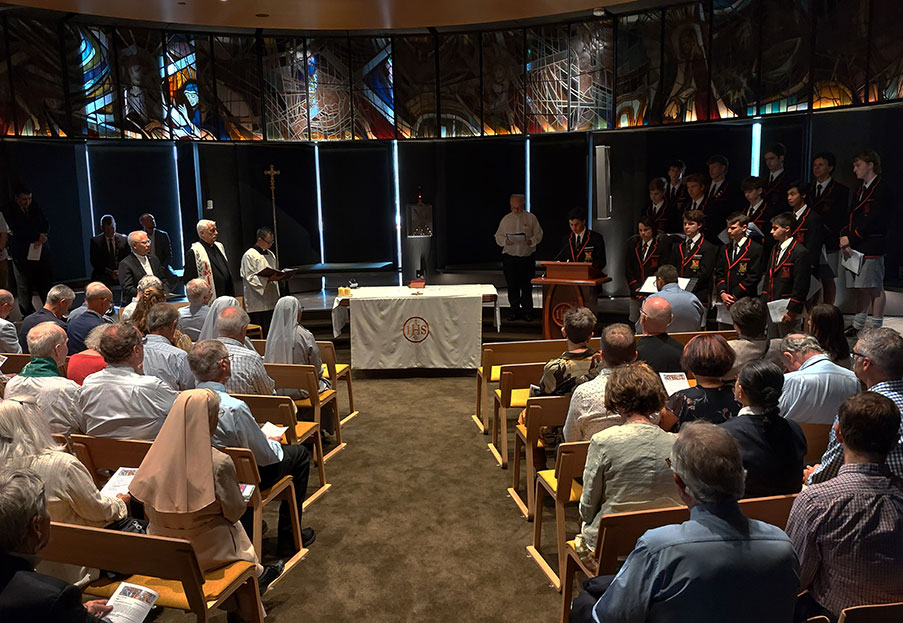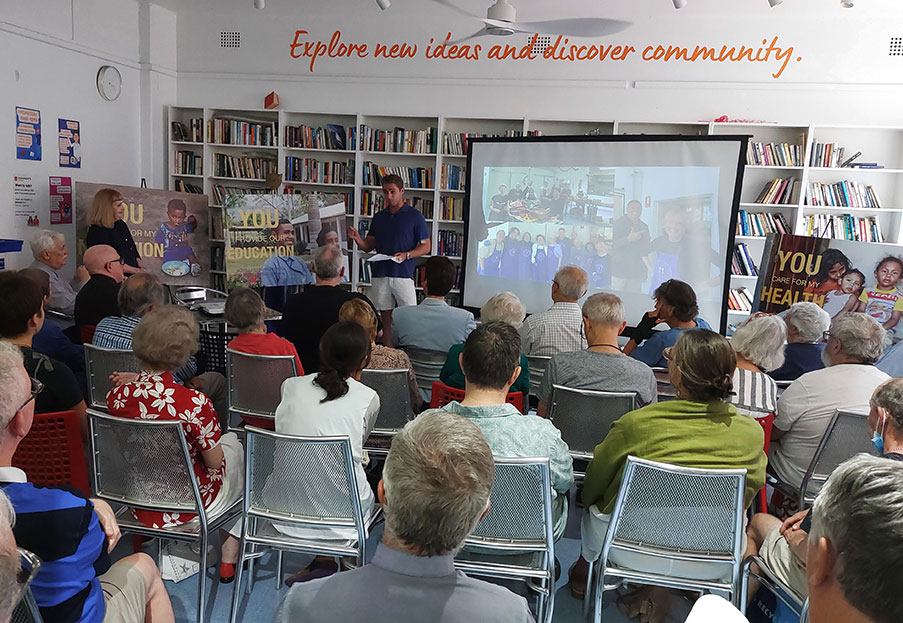A journey towards Competence, Conscience, Compassion, and Commitment
24 January: International Day of Education
The Society of Jesus naturally feels called upon to celebrate this event. There would be thousands of examples of “Jesuit education”. Here is one from Panama, which, although it originates from a traditional school, features a non-formal education programme that offers a new dimension to the formation of young people.
50 years of the Servicio Social Javeriano (SSJ) – Colegio Javier, Panama
By Eduardo Valdés, SJ
[From "Jesuits 2021 - The Society of Jesus in the world"]
We have reached the golden anniversary of our social service. It began in 1971 but we began to think the project through and test the waters in 1970, in response to a recommendation made in the 1960s at a gathering of the superiors, vice-provincials, and Provincials of Latin America. This reflection and approach took the shape of an invitation made to every Jesuit to work for faith and justice as the great renewal of “our way of proceeding.”
The Servicio Social Javeriano (SSJ - Xaverian Social Service) has become the symbol of the teaching of values we offer our students. It’s the culmination of a holistic formation that they begin in infant school (for 3-5 year olds) and end before their last year of high school. For a month (28 days), students are divided into groups and live alongside a poor rural community, who they help to build chapels, canteens, multi-purpose halls, toilets, etc. Usually, these are communities we work in alongside delegates of the Word and/or community groups.
As well as organising the camps, we aim to give
each student appropriate training and sufficient prior preparation. The year
before their SSJ, they have a brief experience of living together during a
building project. They’re offered courses in first aid, leadership, or anything
that might help to strengthen them as a working group. The evening before they
leave, we celebrate a send-off mass for students and their families. Our
database, containing the details of our past experiences, has given rise to our
current regulations and the tools that help us to continuously discern the
cultural changes our young people face and evaluate variables in the lives of
rural communities.
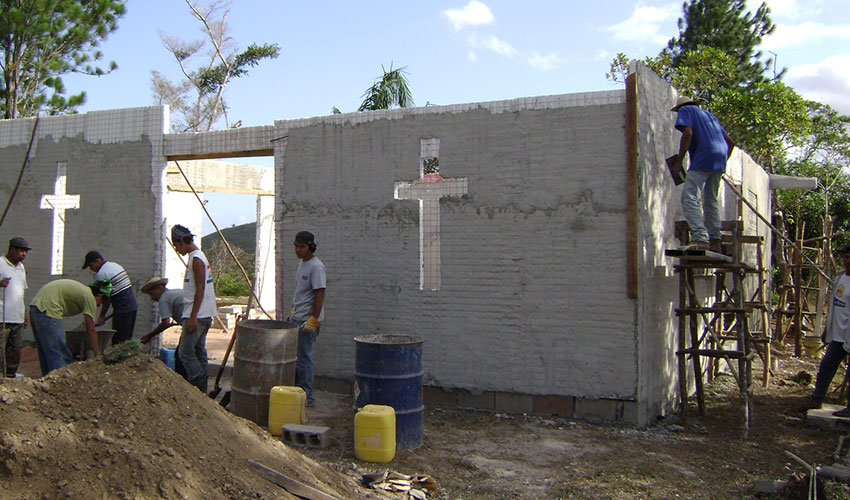
For most of our students, the SSJ is the focal point of the school. It is the crucible where their generosity of heart is tried and tested, even if only for us to encourage them and to grasp how much work we still need to do. In years gone by, we have been able to evaluate how much our young people are truly on track in their personal growth in competence, conscience, compassion, and commitment.
During the SSJ, they enjoy times of Ignatian rest, to reflect on what they are experiencing, attend Sunday mass, and take part in religious or leisure activities. They are impressed by the simple, deep faith of the delegates of the Word and the community. They feel moved by the situations the people in each community are going through. They see their economic poverty yet how rich they are in solidarity; their difficulties just to survive, yet how generously they share; their rivalries, fragilities, and resignation given the situations they face yet their capacity for hope, being realistic, and trusting in God. All this connects the students’ Ignatian formation to the real- life situations they witness and experience through the affection and closeness of the local people.
The roles assigned to some students force them,
along with the rest of the group, to show how much they’re able to give or the
work still required for the best of each to emerge and flourish. Their response
is an insight into the way they think, their worries and vulnerabilities, but
also into their strengths, creativity, and ability to give of themselves to the
task at hand. For the school, it is both a challenge and an invitation to not
let this deep humanity go to waste but to continually find ways to help our
students to grow as fully as possible. With them, we have a future. And this
future is built on the foundations of the Society’s Universal Apostolic Preferences.
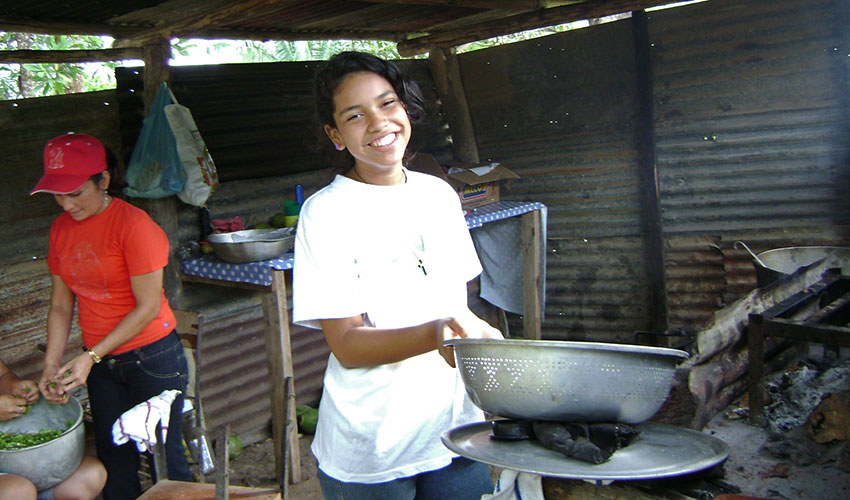
Our young people are urban. Few have any experience of nature. Being in remote areas with no electric light, where houses are dotted sparsely through fields and mountains, offers them new ways of perceiving nature and the way of life of the rural poor. Also remarkable is the change in how they listen to sounds and birdsong, discovering animals, insects, and greenery that they barely knew of beforehand or only via the internet. They crave the meals and snacks they know from home but come across natural flavours largely devoid of synthetic ingredients. In fact, this process of nutritional “purification” proves for many a gateway to a more natural lifestyle.
The conversion of our students has a special
ingredient. They are from Christian families: For them the SSJ is a time when
the emotional side of their faith is stirred by the specific situations and
individuals they encounter and who they begin to respect and appreciate in the
fullness of their dignity. What’s more, they leave behind them a visible,
unforgettable sign of their experience: the building they’ve constructed with
the local community. It is hard to evaluate how much impact this experience
will have in their future decisions, but what they retain is a nascent desire
to help others and to face reality. What remains is left to grace, quietly at
work within them.
